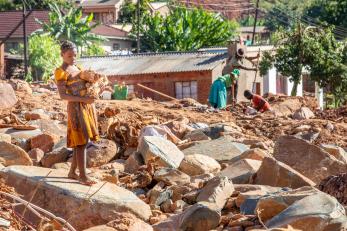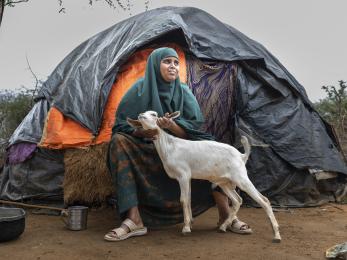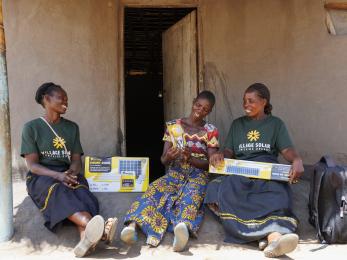The Climate Crisis Demands Local-level Financing and Action
The Lack of Long-term, Flexible Programming at the Local Level is a Widespread Problem

The Zurich Flood Resilience Alliance is focused on building resilience at the community level. This is in recognition that the devastating impacts of climate change are felt most immediately and severely at the local level, and that communities are aware of their vulnerabilities and understand how to build meaningful, local-level resilience that meets their needs.
However, practitioners and local level policy makers have been constrained in their efforts to build resilience or scale successful activities, due to a lack of local financing for addressing the impacts of climate change.
Building a more resilient society will require flexible, long-term funding at local levels, strengthened institutions that support community involvement in decision making, capacity building, and clear evidence of effective programming to support planning and action.

